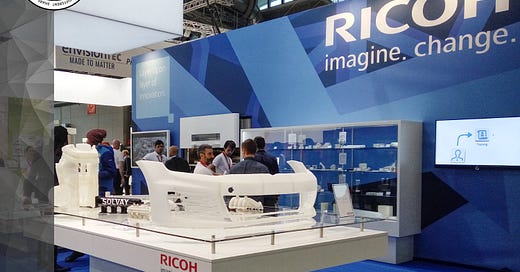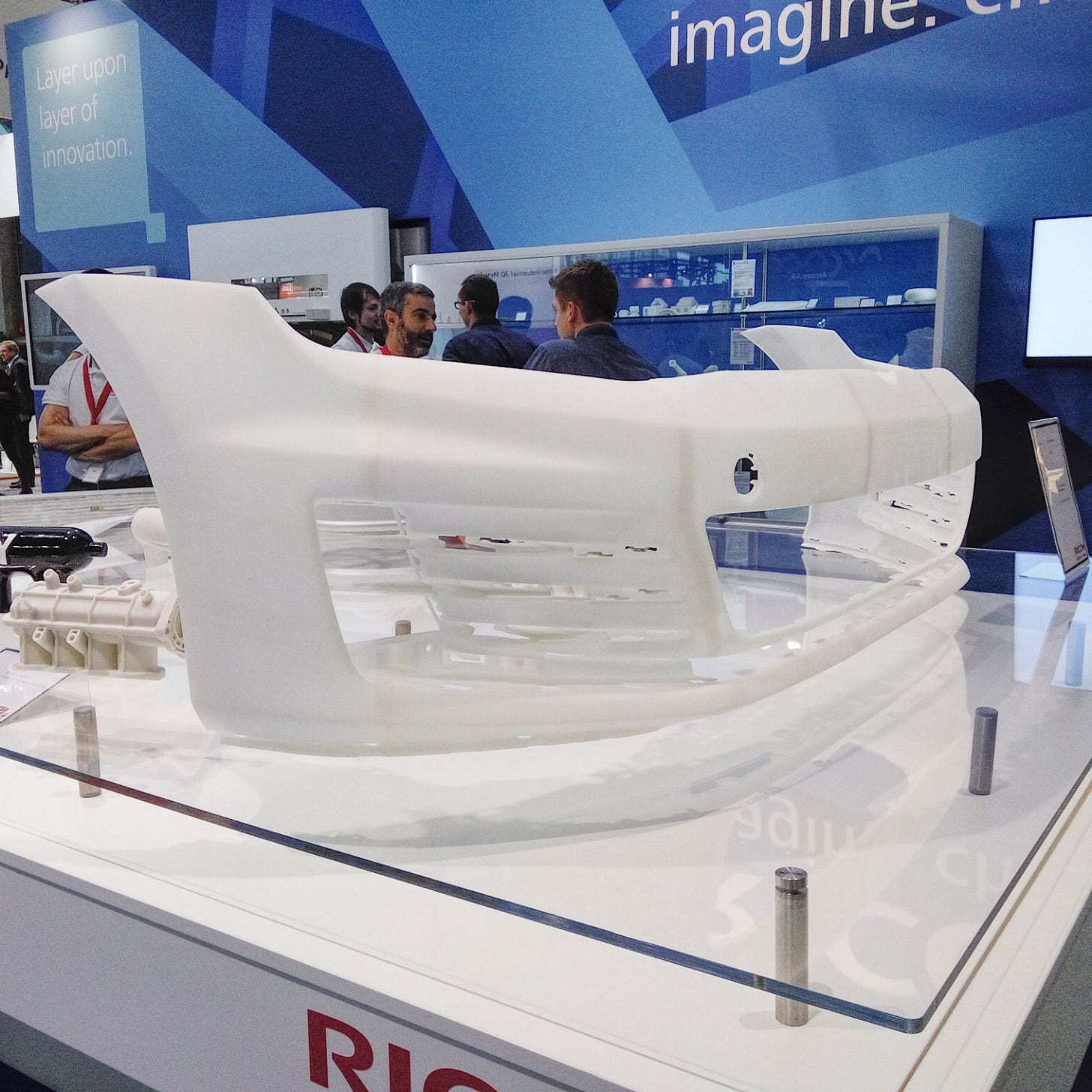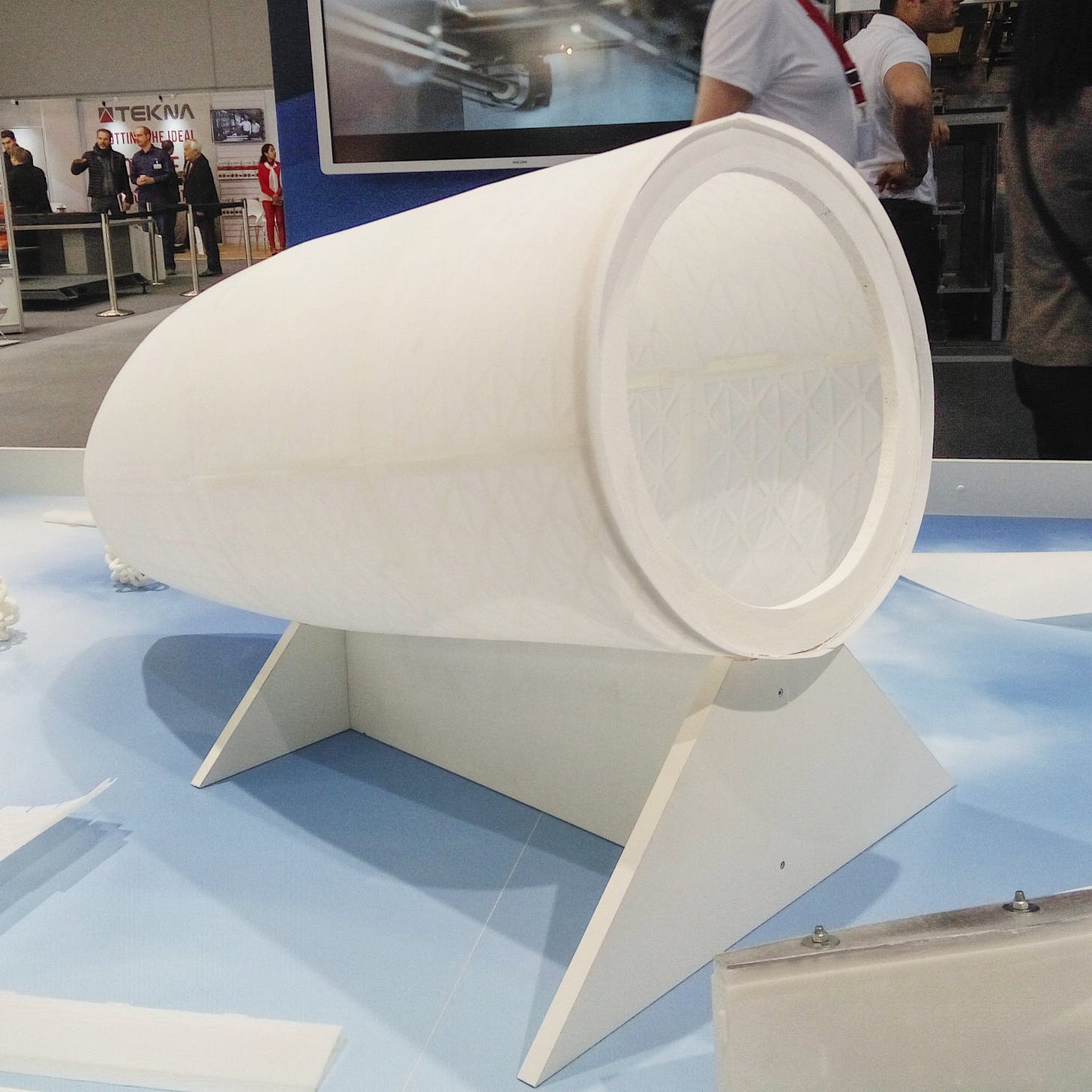09-08-2014: Ricoh announced its entry into the 3D printing market
Initially, as a distributor of Stratasys and 3D Systems, the company later developed its own SLS 3D printer and began offering services based on AM
On September 8, 2014, Ricoh Co. announced that it would enter the 3D printer market. The company set up two offices in Kanagawa Prefecture by the end of September, one in Yokohama and the other in Atsugi, to sell 3D printers supplied by Stratasys and 3D Systems. The offices also provided services based on customer data.
The company also announced plans to produce its own 3D printers and presented its first SLS machine at the Formnext trade fair in 2015. Since then, Ricoh has become one of the key players in the AM industry, marking its presence in all major industrial and medical sectors.
The Ricoh Company, Ltd. is a Japanese multinational imaging and electronics company, originally founded in 1936 as Riken Sensitized Paper. Headquartered in Tokyo, Ricoh produces electronic products, primarily cameras and office equipment such as printers, photocopiers, fax machines, document solutions, and also projectors. In the late 1990s through early 2000s, the company grew to become the largest copier manufacturer in the world.
In 2014, Ricoh—like many other global technology companies—decided to enter the promising 3D printing market. Interestingly, this coincided with a similar decision announced by another Japanese company operating in a related product segment—Canon. However, while Canon quietly withdrew from 3D printing at the end of 2017, Ricoh has continued to succeed in this area.
From the very beginning, Ricoh announced that it would produce its own 3D printers—which, as it turned out a year later, were SLS machine called Ricoh AM S5500P. In the meantime, in efforts to gain experience in the 3D printer market, Ricoh started offering prototyping services and selling 3D printers from Stratasys and 3D Systems. Again, this was a very similar strategy to Canon’s, yet Canon quickly dropped out of this race...
Ultimately, Ricoh ceased the production of its own 3D printers, focusing on providing services and solutions related to 3D printing, distributing devices from other manufacturers, developing printing materials, and integrating 3D printing technology with other manufacturing processes. The company collaborates with other 3D printer manufacturers, offering their devices and technical support as part of its service portfolio. The company also conducts research and development work on its own Binder Jetting technology for metals.
Source: www.marketscreener.com







